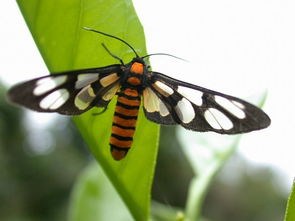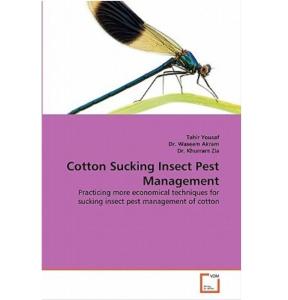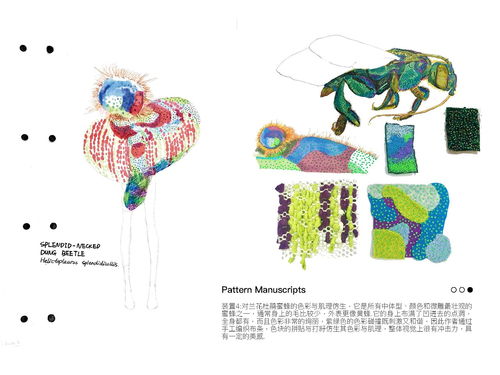
Cluster of Insect Bites: A Comprehensive Guide
Have you ever found yourself scratching at a cluster of insect bites on your skin? If so, you’re not alone. Insect bites can be a common occurrence, and understanding them can help you manage the discomfort and prevent future occurrences. This article delves into the various aspects of a cluster of insect bites, from their causes to their symptoms and treatment options.
Understanding the Causes

Insect bites can be caused by a wide range of insects, each with its own unique characteristics. Some of the most common culprits include mosquitoes, bed bugs, fleas, ticks, and ants. Here’s a brief overview of each:
| Insect | Common Habitat | Typical Bite Pattern |
|---|---|---|
| Mosquitoes | Moist, warm environments | Single, red, itchy bump |
| Bed Bugs | Bedding, furniture, and cracks in walls | Multiple, red, itchy bumps in a line or cluster |
| Fleas | Animals, carpets, and furniture | Multiple, red, itchy bumps, often on the lower legs |
| Ticks | Grass, shrubs, and wooded areas | Large, red, itchy bump with a central red dot |
| Ants | Lawns, gardens, and buildings | Multiple, red, itchy bumps, often in a line |
Understanding the type of insect responsible for the bites can help you take appropriate preventive measures and seek the right treatment.
Identifying Symptoms

The symptoms of a cluster of insect bites can vary depending on the type of insect and the individual’s sensitivity. Common symptoms include:
-
Red, itchy bumps or welts on the skin
-
Pain or swelling around the bite area
-
Darkening of the skin around the bite
-
Feeling of warmth or heat around the bite
-
In some cases, a systemic reaction, such as fever, headache, or nausea
It’s important to monitor the symptoms and seek medical attention if they worsen or if you experience a severe allergic reaction.
Treatment Options

Most insect bites can be treated at home with over-the-counter remedies. Here are some effective treatment options:
-
Cool Compresses: Apply a cool, wet compress to the bite area to reduce swelling and itching.
-
Antihistamines: Over-the-counter antihistamines can help alleviate itching and reduce inflammation.
-
Topical Creams: Hydrocortisone cream can help reduce swelling and itching.
-
Oral Pain Relievers: Over-the-counter pain relievers, such as ibuprofen or acetaminophen, can help manage pain and reduce inflammation.
In some cases, you may need to seek medical attention, especially if you have a severe allergic reaction or if the bites become infected. Your healthcare provider may prescribe oral medications, antibiotics, or other treatments to address the specific needs of your condition.
Preventive Measures
Preventing insect bites is crucial, especially if you’re prone to allergic reactions or if you’re in an area with a high insect population. Here are some preventive measures you can take:
-
Use insect repellents containing DEET, picaridin, or oil of lemon eucalyptus.
-
Wear long-slee





